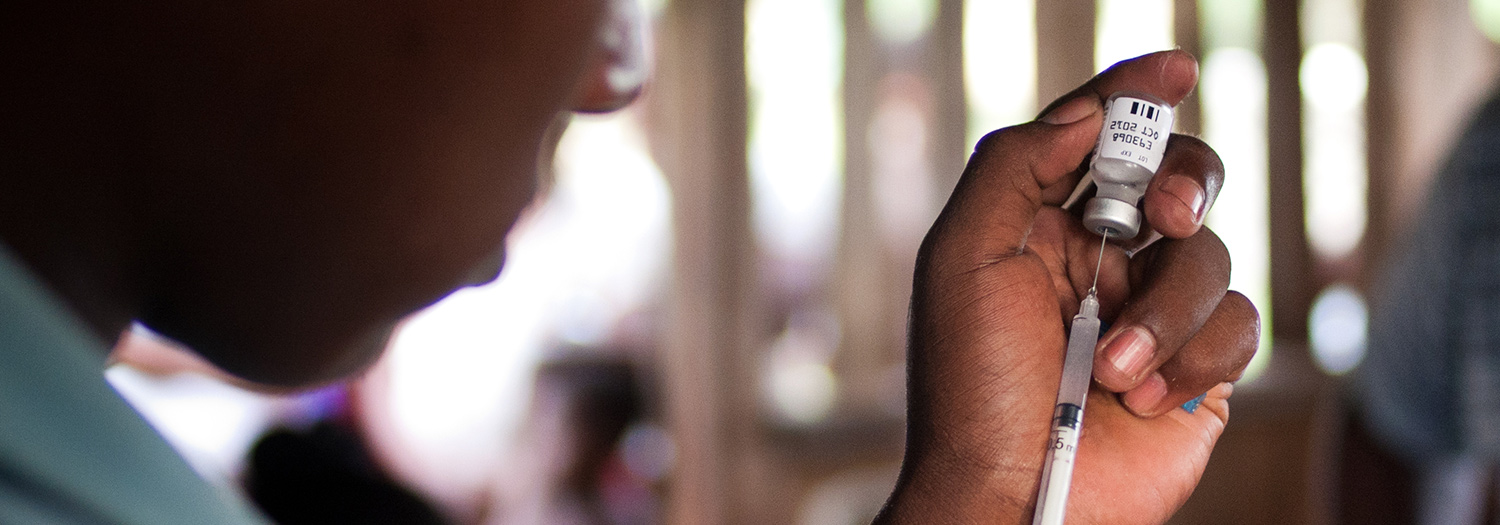
Photo: iStock.com/brunoat
Universal Health Coverage
Universal health coverage (UHC) means that all people have access to necessary health care regardless of their ability to pay and without facing financial hardship.
Universal health coverage is essential to ensuring social protection, achieving equitable development, and protecting the right to health. The commitment to UHC is grounded in the view that no person should develop, suffer, or die from a preventable or treatable condition because of a lack of resources, and treatment should not lead to financial hardship. Almost 2 billion people are facing catastrophic or impoverishing health spending and the COVID-19 pandemic further disrupted essential services in 92% of countries.
Charter for Equitable, Inclusive and Sustainable Universal Health Coverage (UHC Charter)
Universal health coverage — all people have access to necessary healthcare regardless of their ability to pay and without facing financial hardship — is essential to ensuring social protection, achieving equitable development and making the right to health effective.
The commitment to UHC involves a series of intricate policy decisions — some politically very challenging even with significant income redistribution consequences — about how the system will be organized, the sources of financing, how resources will be used and governed, and the attributes of the health service delivery system and its workforce that are needed to deliver on the commitments. Although there are many options within each of these sets of decisions, all of which entail trade-offs, only some of the options will support a path toward achieving the goals of equity, inclusiveness and sustainability inherent to UHC.
The Charter for Equitable, Inclusive and Sustainable Health Coverage here presented is a distillation of the relevant experiences, analyses and pertinent lessons that hopefully can serve to assess progress towards UHC. Read the UHC Charter here (PDF — opens in new window).
Expert Papers
There is no blueprint for equitable, inclusive and sustainable UHC that will be valid for every country. Based on the rich available literature as well as consultations with reputable experts, a number of topics inherent to UHC were identified. Subsequently, certain experts were asked to prepare briefing documents on each of the critical topics to address what we think are the key aspects of UHC policies. These constitute our Expert Papers. All papers PDF — opens in new window:
UHC financing must be public. Cheryl Cashin
Universal is universal. Kyle Karen and Cheryl Cashin
UHC requires compulsory participation, comprehensive pool funding, subsidization and consolidation of the entire system. Cheryl Cashin
Delivery Systems. Nigel Edwards and Jonty Roland
The UHC system must provide the right care by relying on high-value, not low-value, health interventions and curbing both medical underuse and overuse. Amanda Glassman and Roxanne Oroxom
How Can Universal Health Coverage Foster More and Better Paid Jobs? Adriana Kugler
UHC can be reached in Mexico. Santiago Levy
UHC must contribute to fostering economic development in the form of more and better paid jobs, not informal and precarious ones. Santiago Levy
UHC must have first and foremost the right human resources. Ariel Pablos-Méndez and Hilary Brown
Health care systems must be transparent and fully accountable to achieve UHC. William D. Savedoff
The Elders and UHC
The Elders (external link — opens in new window), of which Center Director Zedillo is a member, are independent leaders using their collective experience and influence for peace, justice, and human rights worldwide. The group was founded by Nelson Mandela. The Elders hold the shared belief that UHC is the best way to achieve every individual’s human right to access the healthcare they need. In December 2022 the Elders published their report on equitable, sustainable and inclusive Universal Health Coverage for all, which was extracted from the UHC Charter developed by the YCSG. Read it Here (external link — opens in new window).